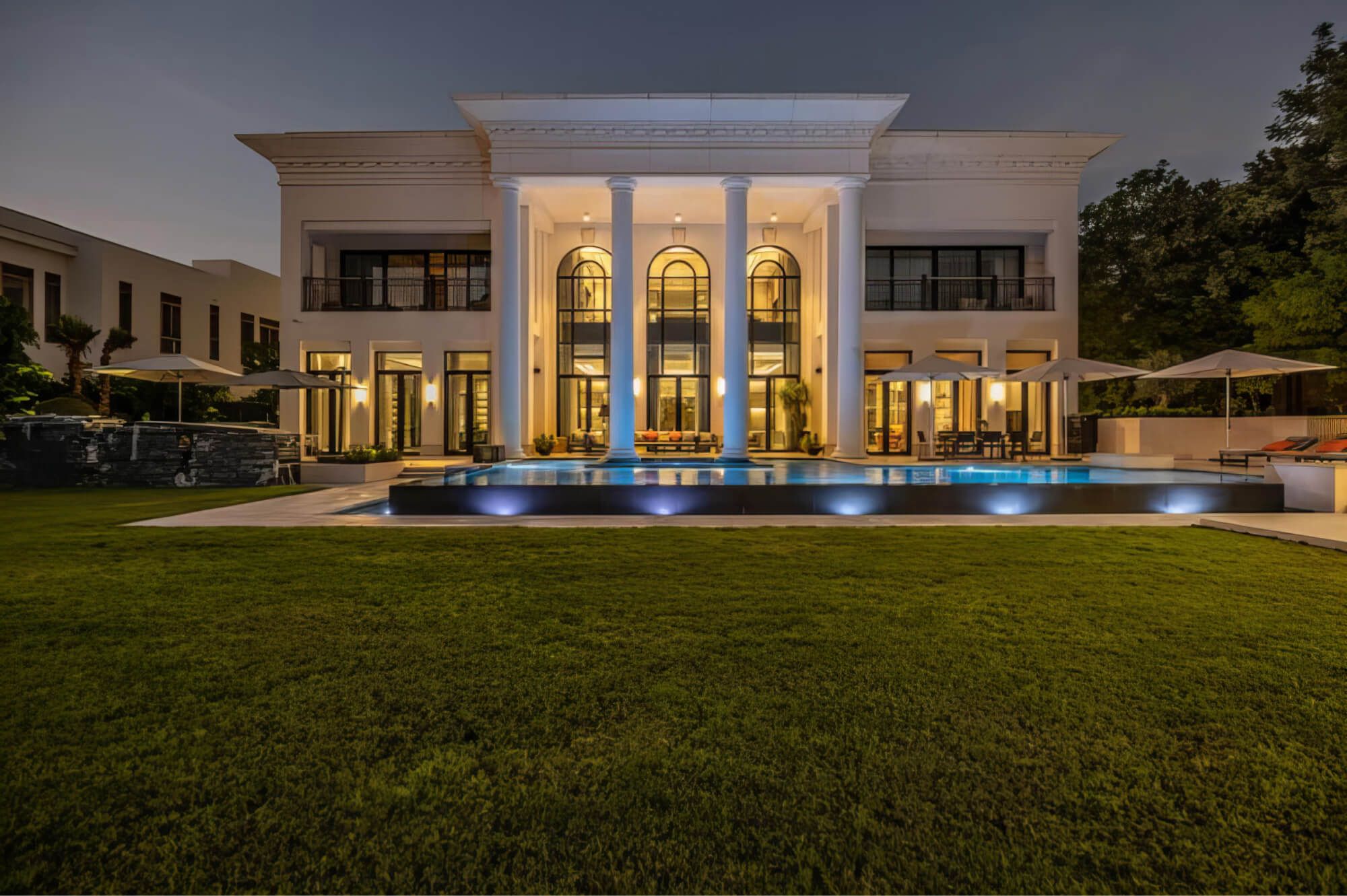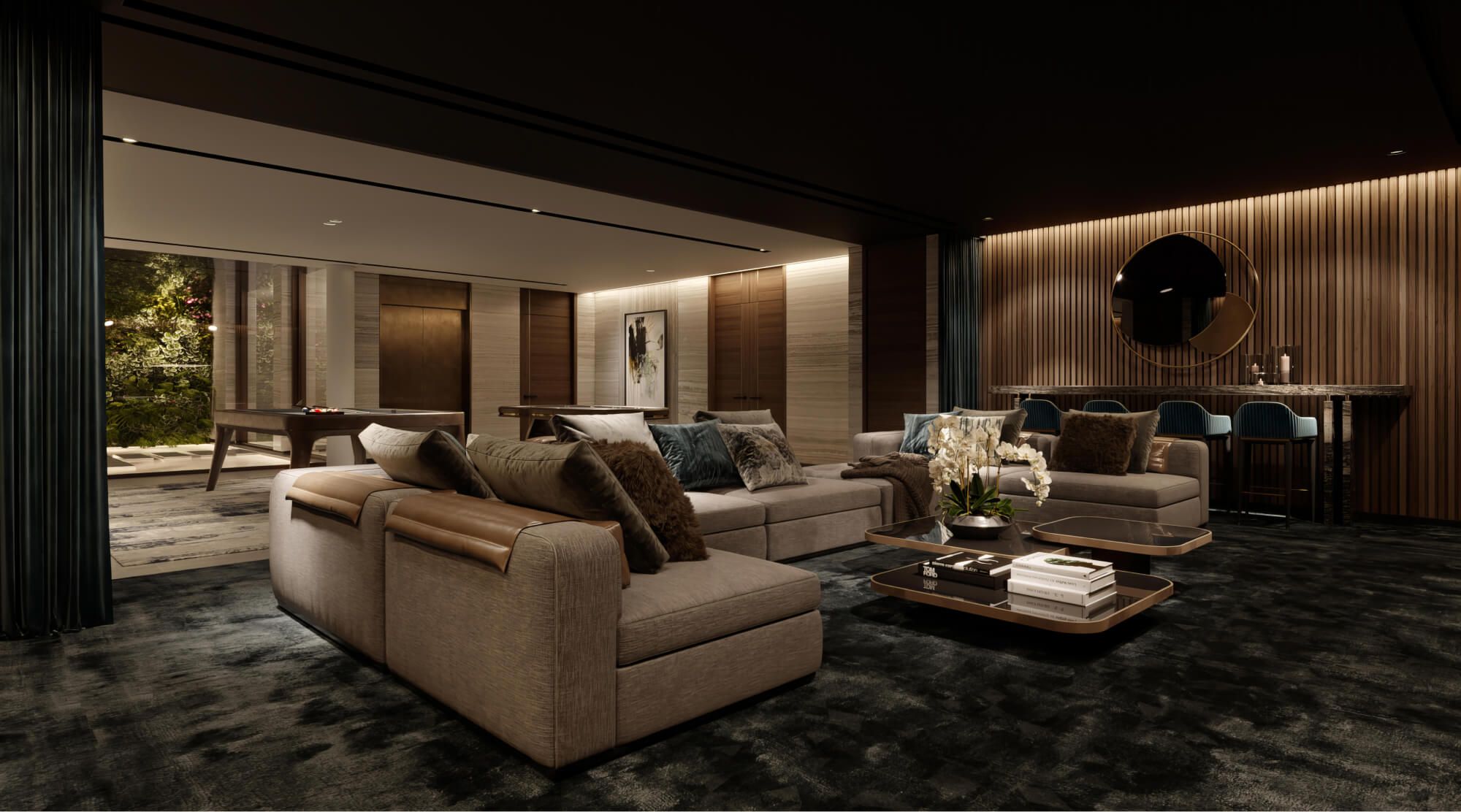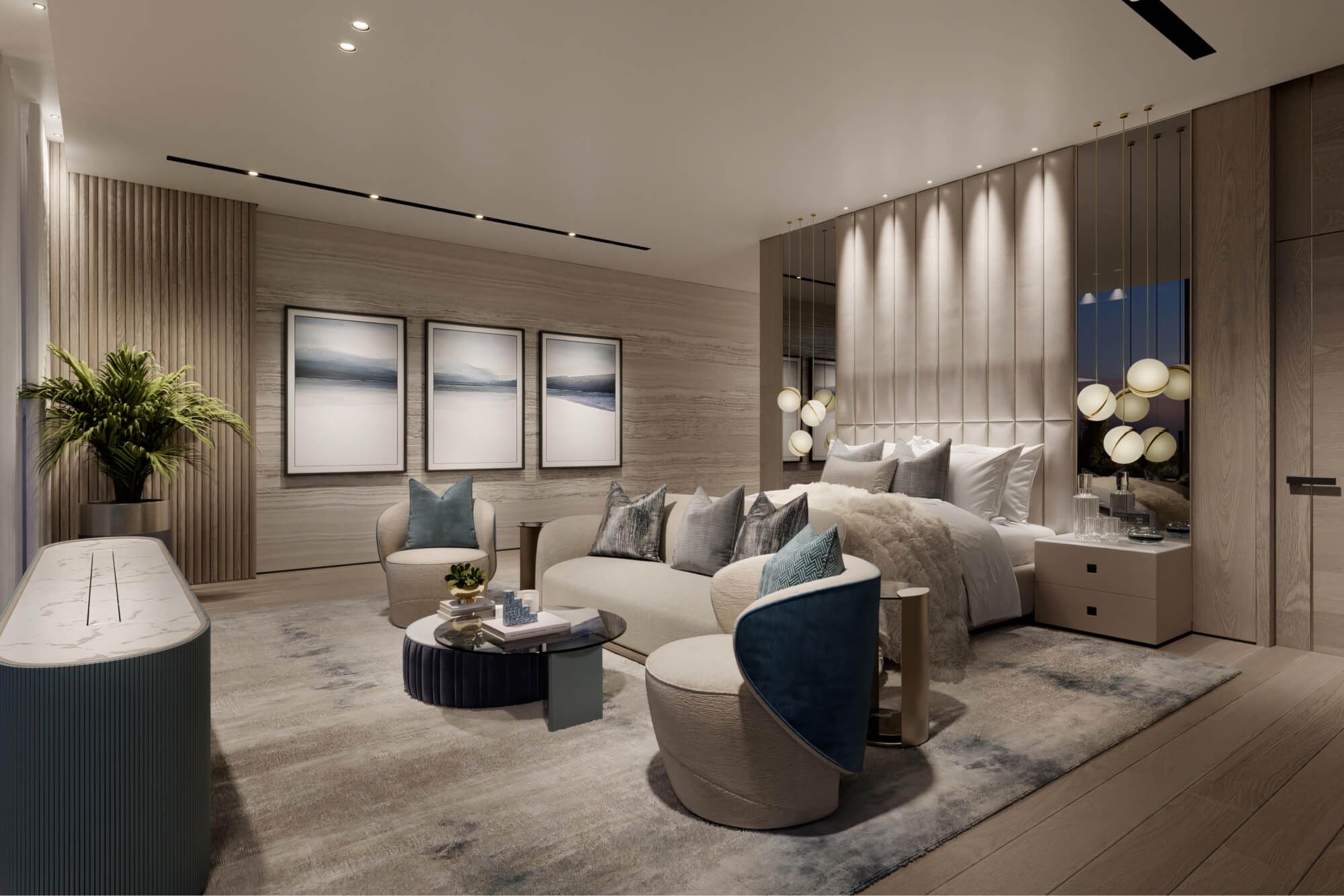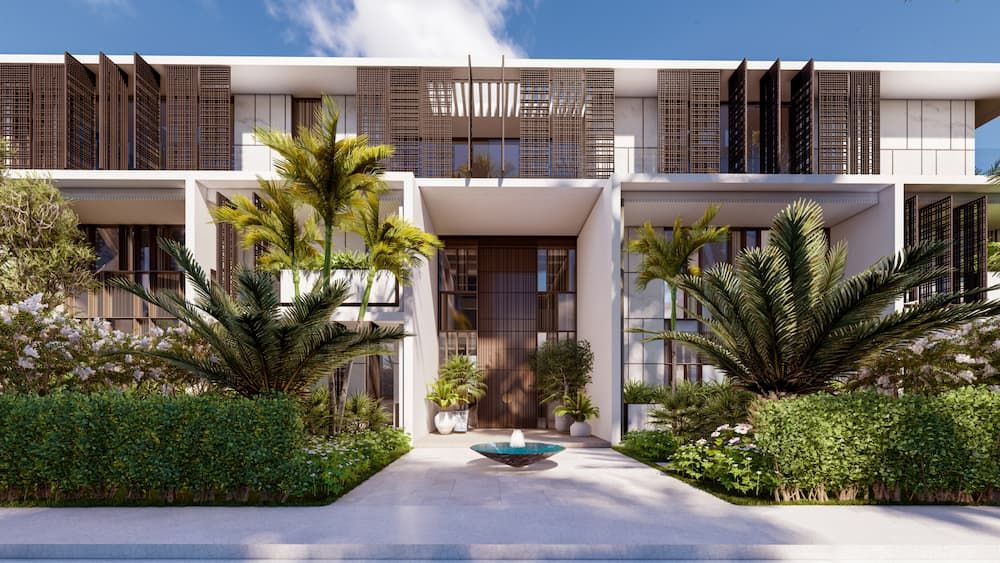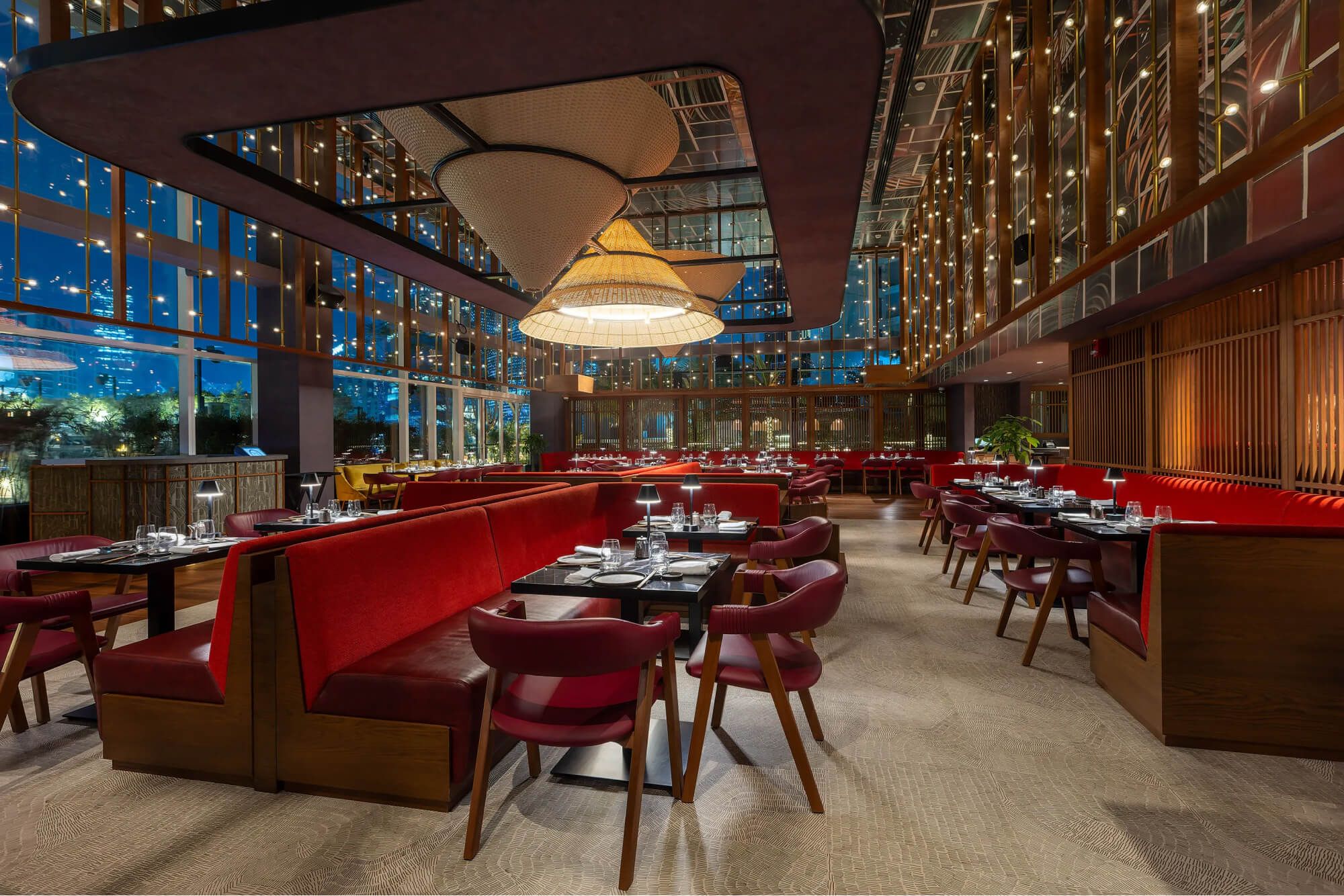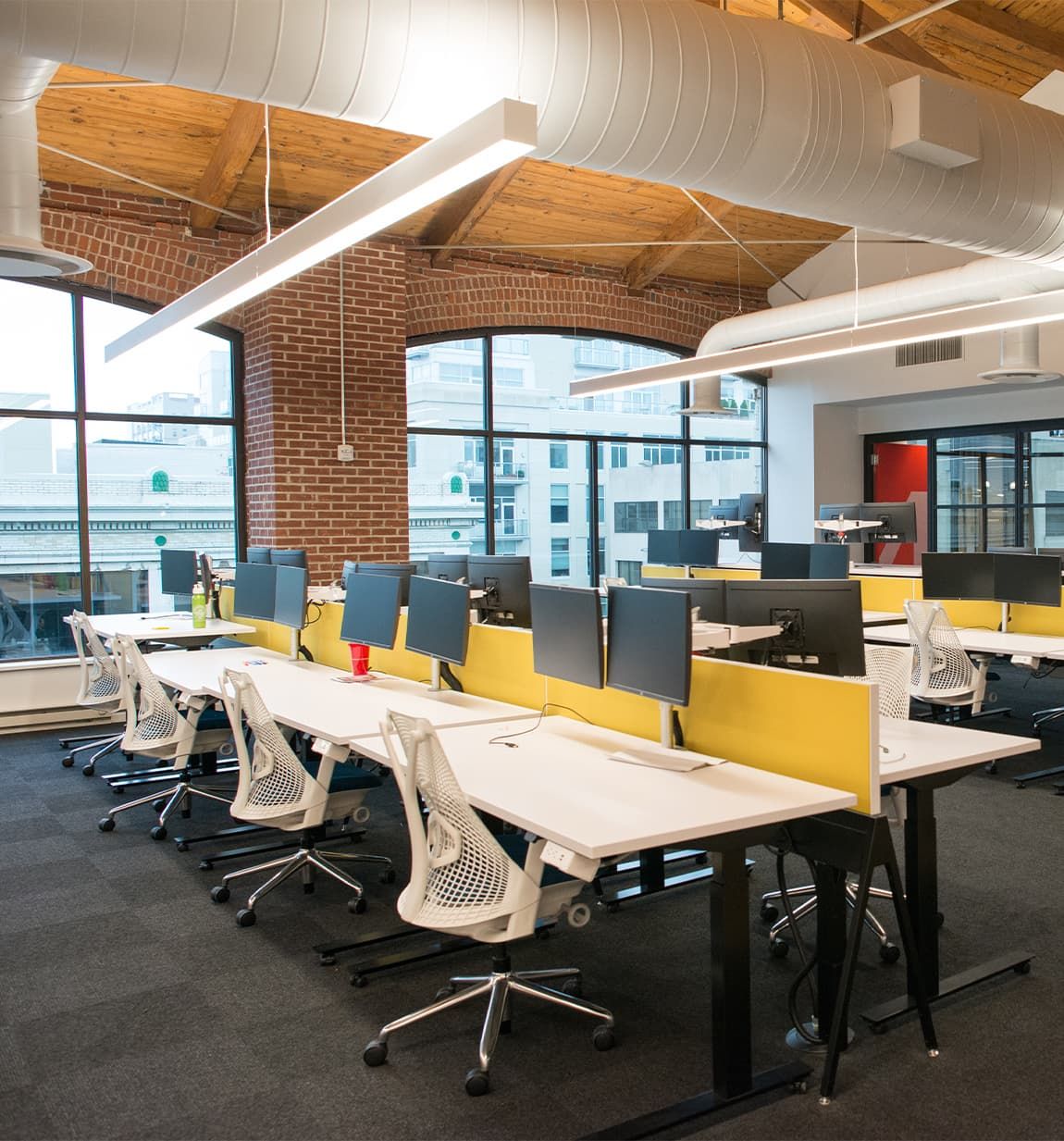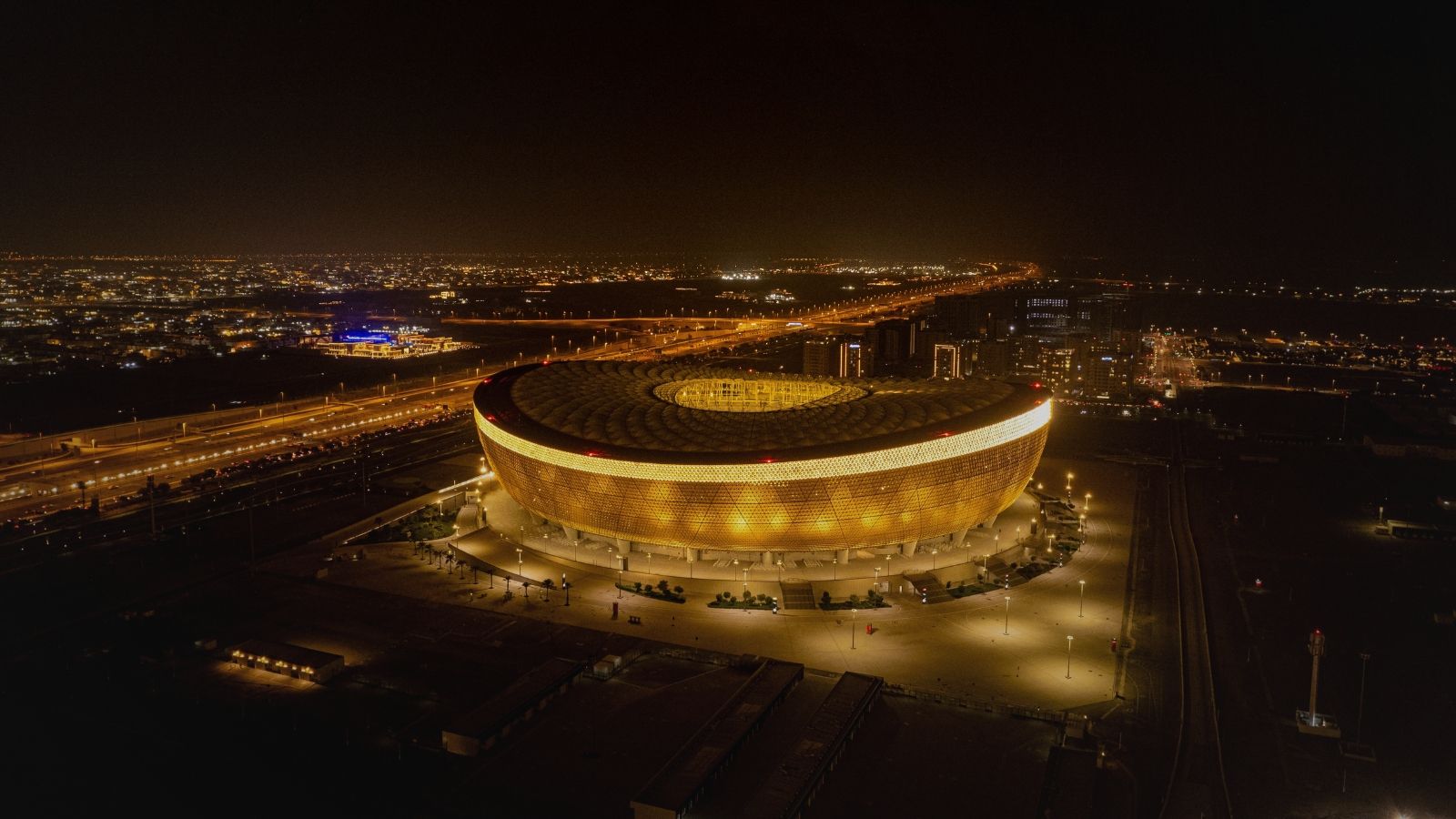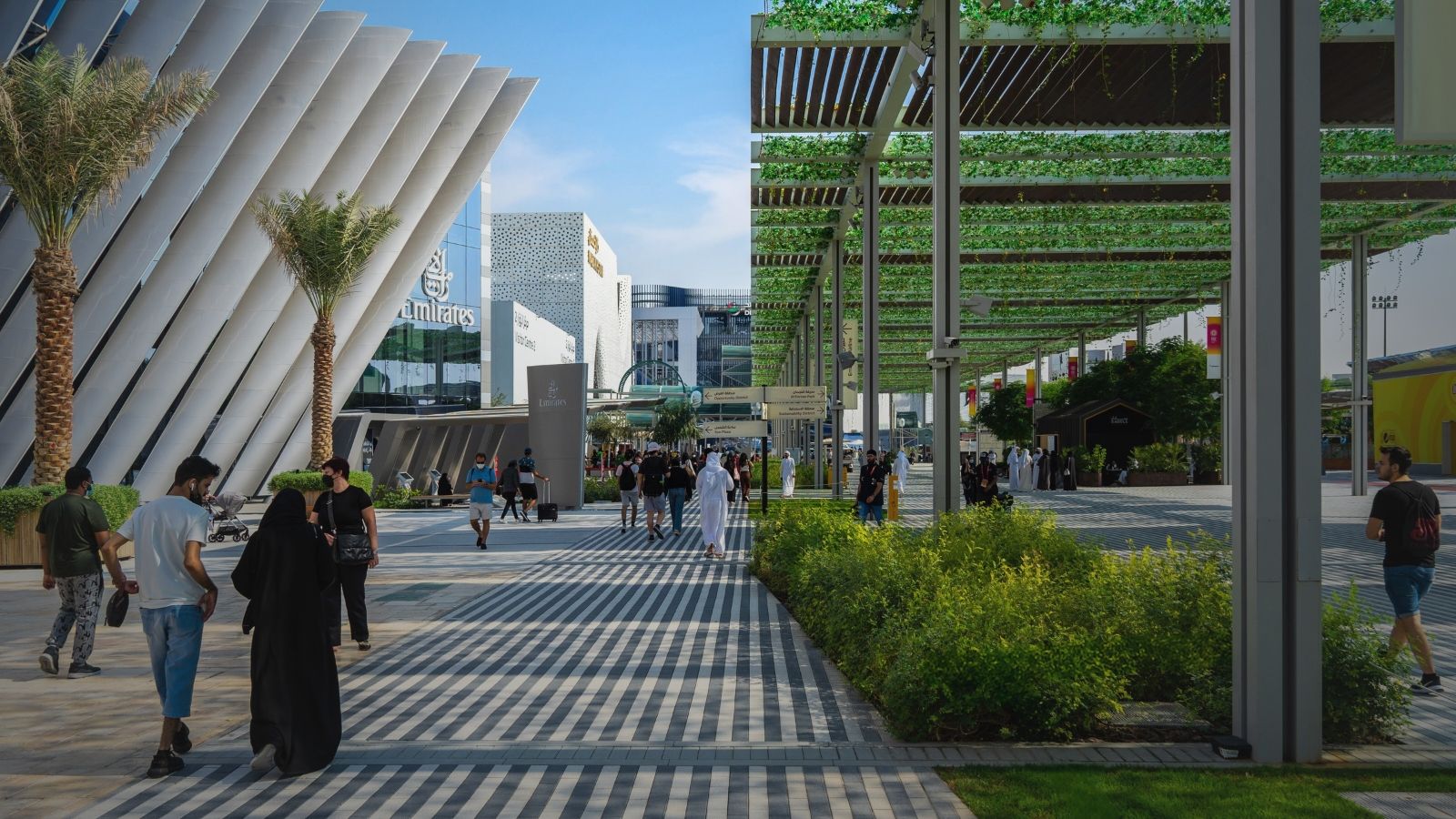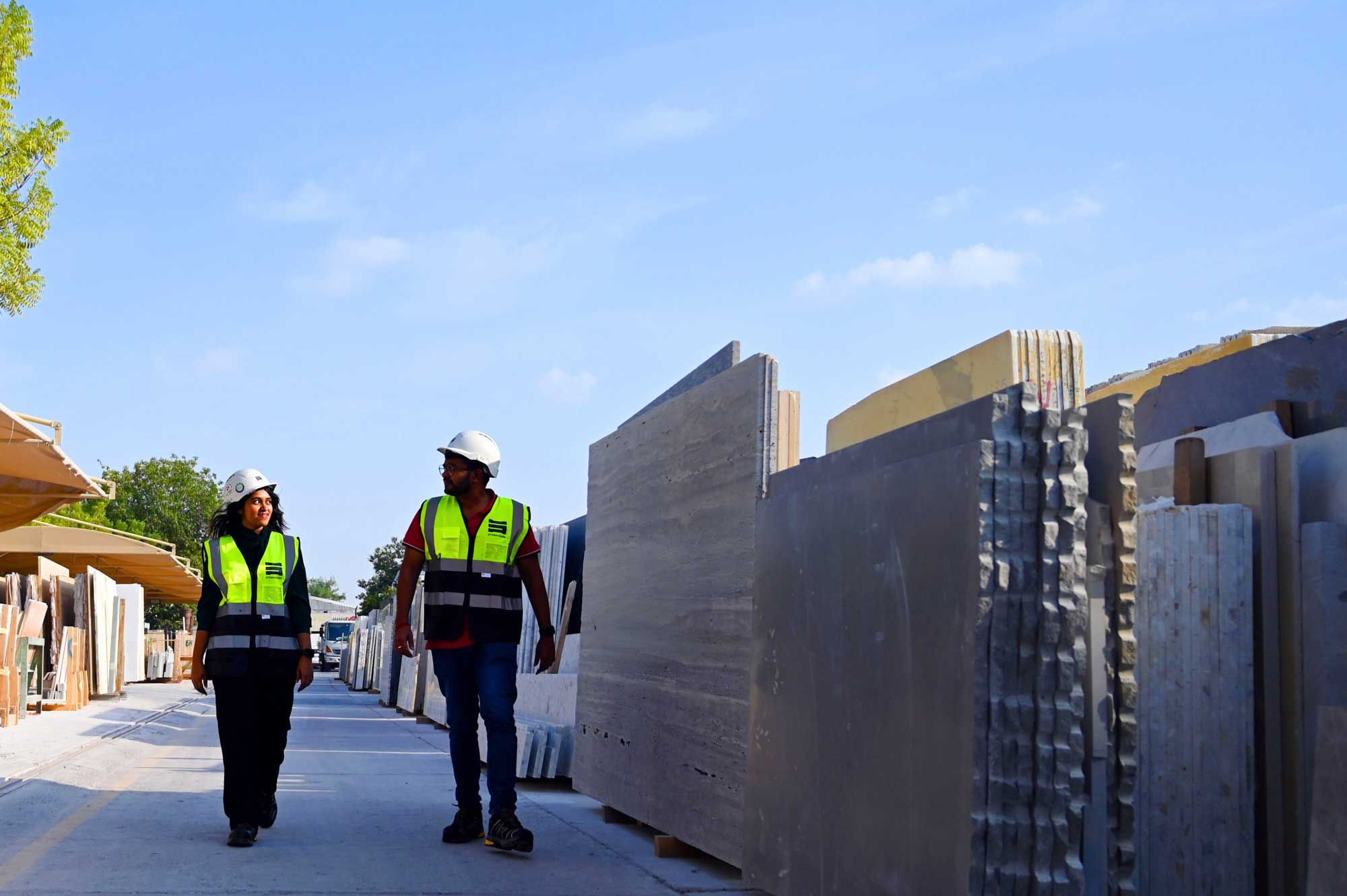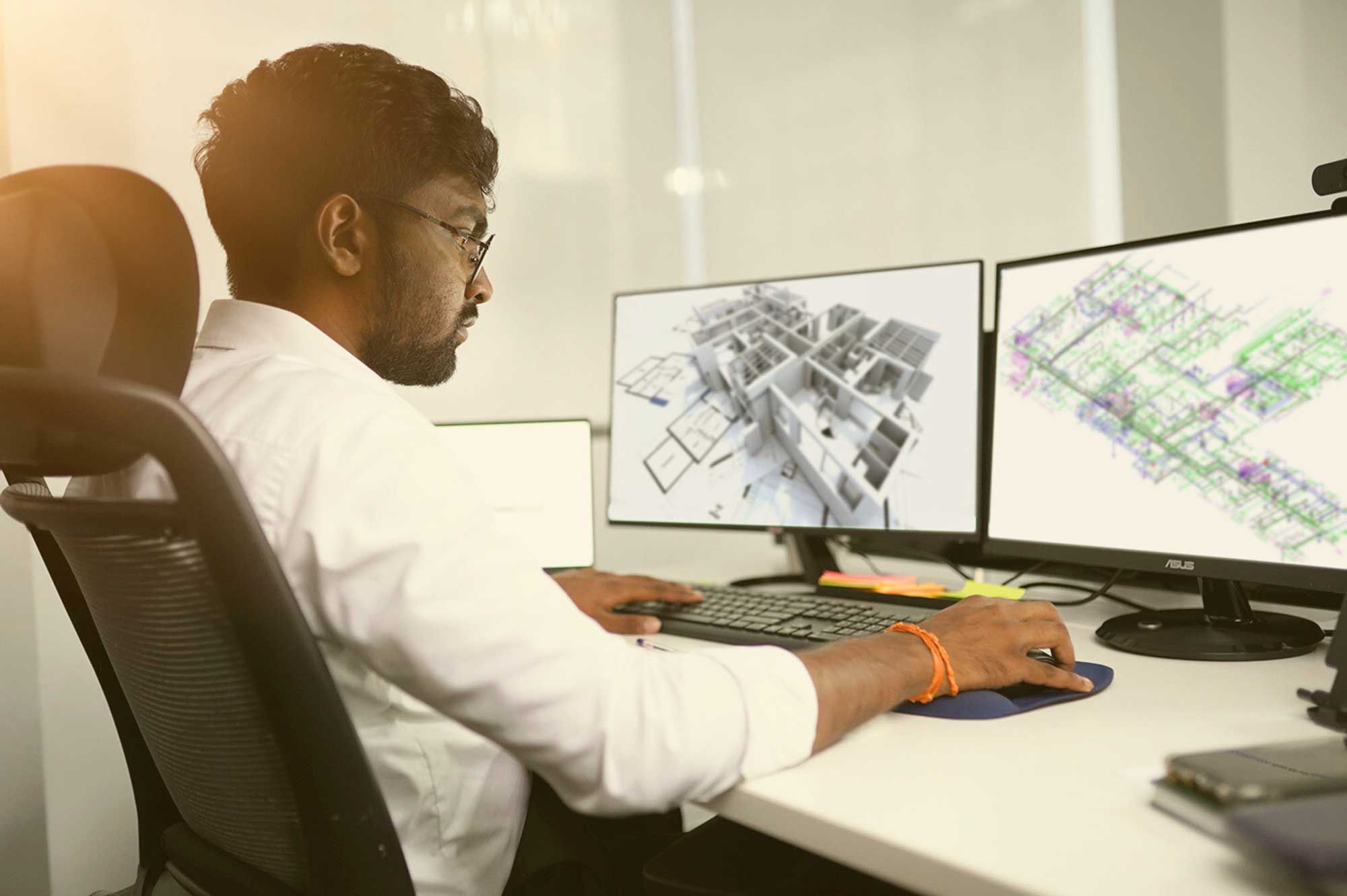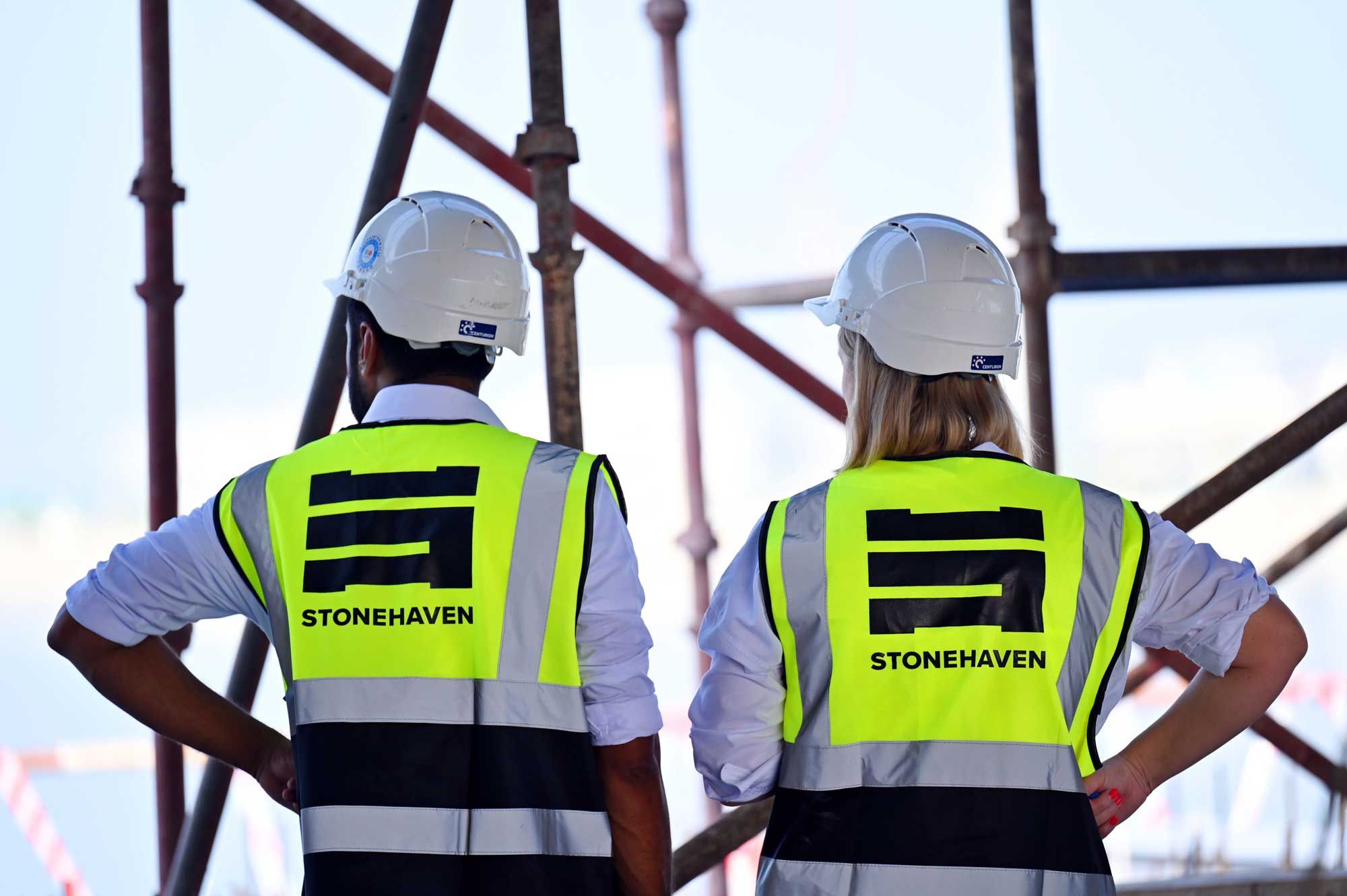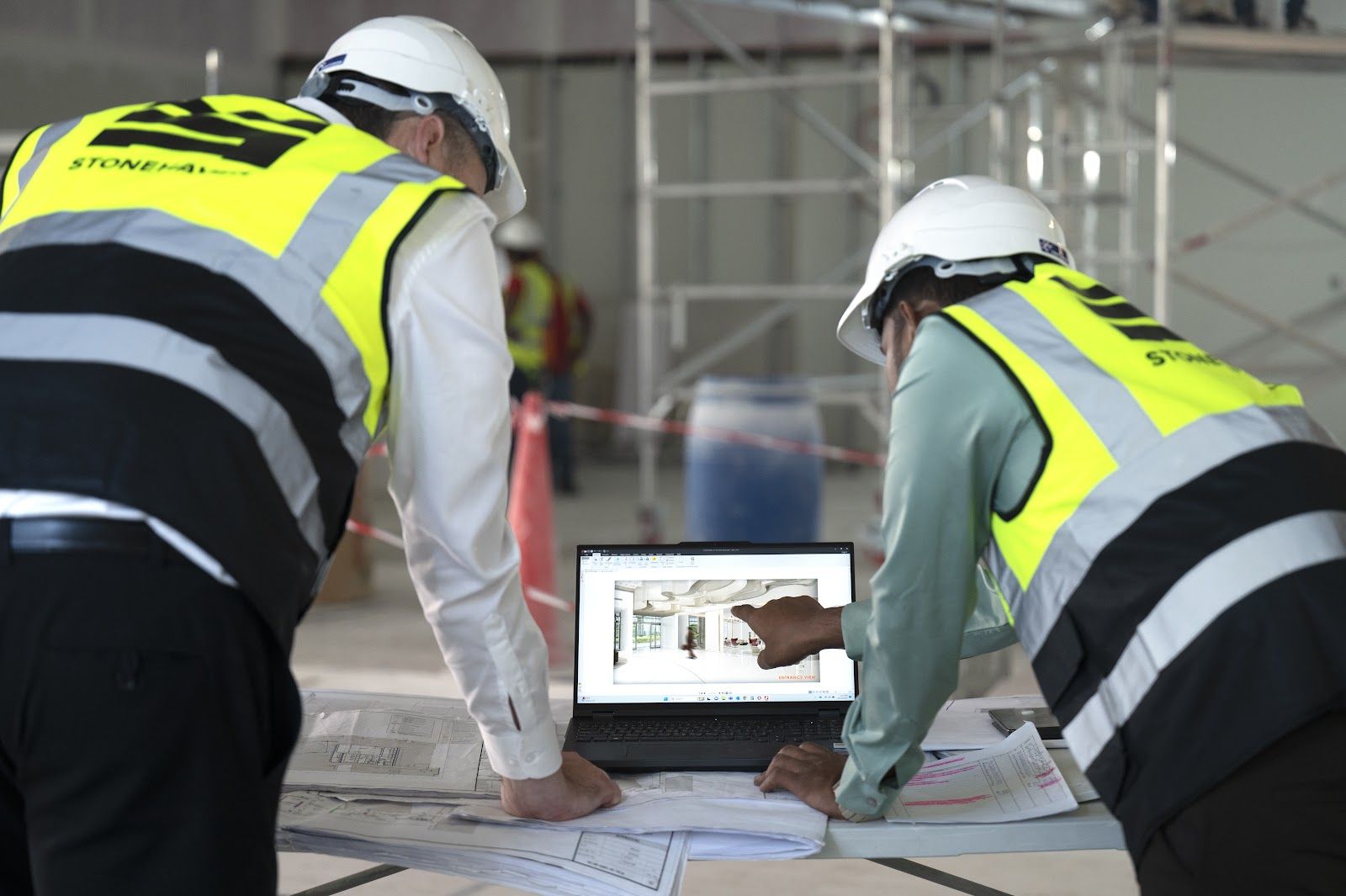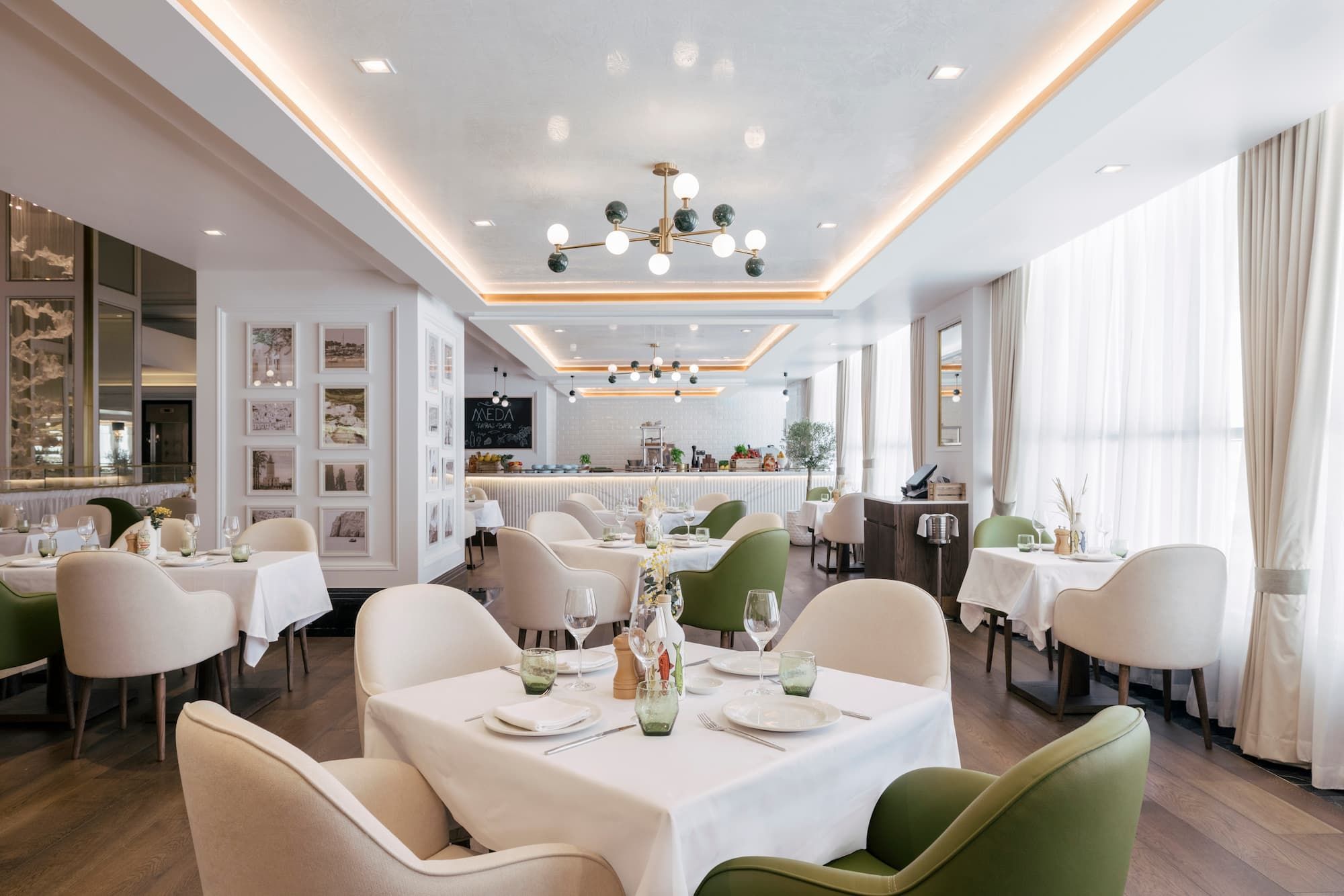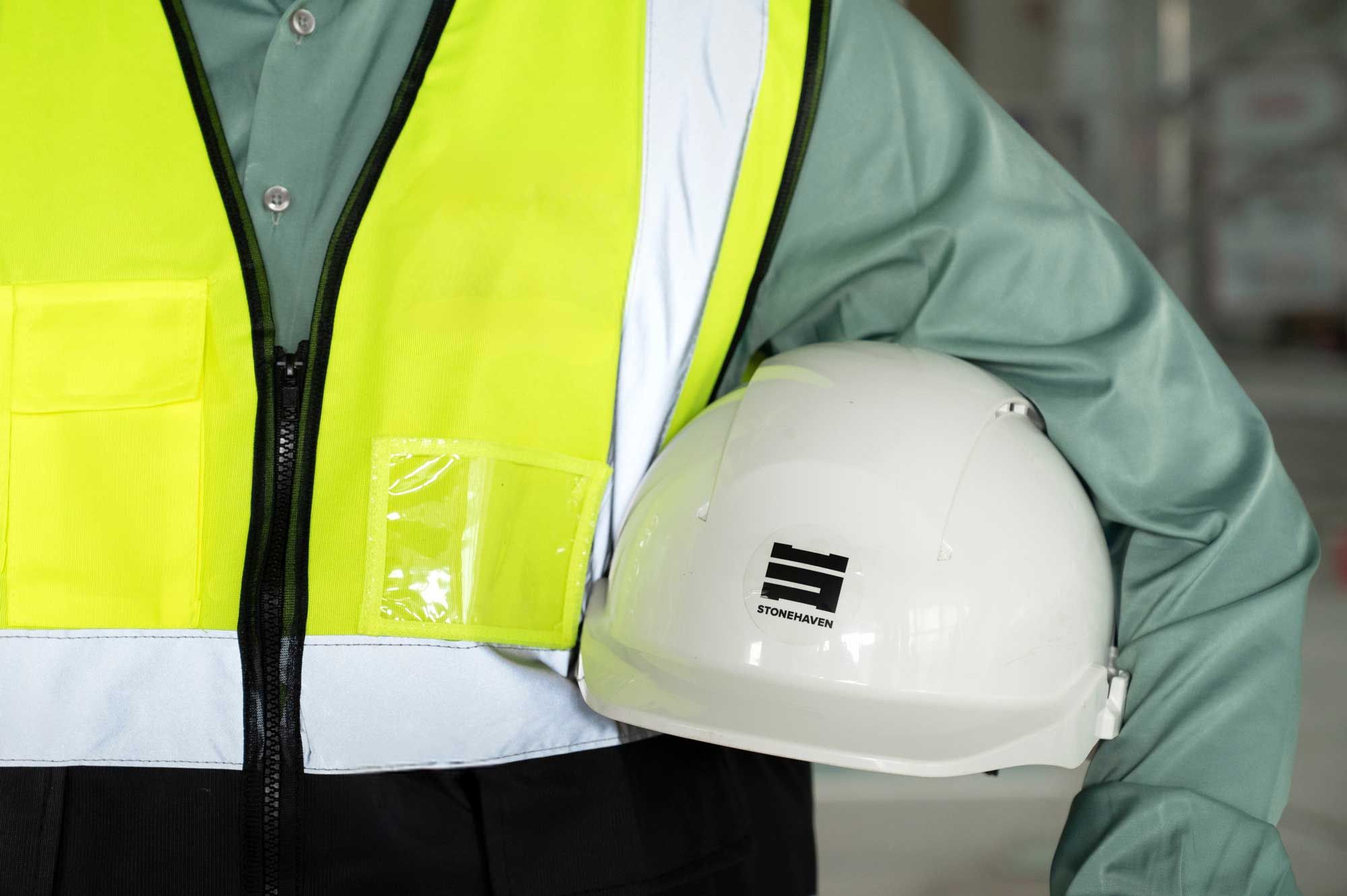For years, the Middle East has led the world in delivering bold, iconic sports venues — from Olympic arenas to World Cup-ready stadiums. These projects have put the region on the global map, demonstrating what’s possible when ambition meets investment.
But now, a new chapter is being written.
Today’s conversation is shifting, not away from spectacle, but towards smarter, more community-focused design. Across the UAE, Saudi Arabia, and beyond, planners and developers are asking:
What if our stadiums weren’t just built for the big moments — but for everyday use, too?
Enter a new generation of sports infrastructure: multi-use, modular, and community-led. These are facilities designed to adapt supporting local leagues during the week, wellness programmes on weekends, and major events when they come around. It’s an approach that prioritises longevity, relevance, and impact without sacrificing innovation or identity.
And at the centre of it all? A strategic, forward-thinking cost team helping make it feasible, scalable, and built to last.
The Cost Problem (and the Opportunity Behind It)
Here’s the kicker: cities want stadiums that adapt to evolving needs. This is where cost consultants step in as strategic allies.
Think of them as the project’s CFO, planner, and risk advisor rolled into one.
They don't just ask “how much will it cost?” They ask:
● What value will this deliver to the community every week, not just during finals?
● How can we design for phased delivery, so we build what we need now and scale later?
● Where can we swap traditional construction with modular systems to cut waste and speed up timelines?
These are high-stakes decisions and getting them wrong means millions wasted, trust eroded, and facilities underused.
Cost Consultants in Action
Let’s get specific. Here’s how cost consultants unlock smarter, more sustainable stadiums:
1. Strategic Phasing Over One-Time Spending
Instead of diluting AED 500M on a full-capacity stadium upfront, consultants help break the project into phases:
● Phase 1: 5,000-seat base stadium with adaptable seating
● Phase 2: Add training fields, school partnerships, wellness zones
● Phase 3: Expand capacity and convert use zones as demand grows
Why it matters: Phased delivery keeps budgets tight, aligns with community demand, and avoids overbuilding.
2. Modular Systems = Flexibility + Speed
Using prefabricated stands, acoustic panels, and demountable flooring, stadiums can go up faster and pivot functionally.
One week? A futsal championship. Next week? A community Ramadan event.
Cost consultants price these modular options early, so architects know what’s feasible without endless redesign.
3. Whole-Life Costing = Smarter Spending
A flashy material might look great today but cost millions in maintenance tomorrow. Cost consultants use whole-life costing models to project how every material, system, and finish performs financially and environmentally over 25+ years.
Want a low-maintenance finish that handles sweat, heat, and footfall? Need lighting that meets FIFA and school safety standards, without burning through your energy budget?
The cost team makes those trade-offs make sense and it saves the client from regrets down the line.
Where Quantity Surveyors Make the Difference
Now let’s get granular, because no successful stadium project is complete without a smart, strategic Quantity Surveyor (QS) keeping everything in check. Here’s where QSs come in:
Feasibility With Depth
They don’t just test if a budget exists. They test what kind of stadium is viable for that budget — and which extras are worth fighting for. For example:
● Can a concourse double as a rentable event hall?
● Can player facilities double as after-school coaching zones?
A QS puts real numbers to those ideas so you're designing with data, not just ambition.
Transparent, Adaptive BoQs
With modular builds and evolving scopes, you can’t afford vague estimates. A QS builds dynamic Bills of Quantities, updating in real time as specs shift keeping procurement aligned and contractors accountable.
Real Cost Control in the Field
Late-stage surprises can harm projects. The QS is the eyes on the budget, tracking progress, verifying claims, and making sure value is being delivered, not just billed.
Post-Completion Support
Need to reconfigure for new uses after a major event? QSs stay involved, helping repurpose spaces while protecting the project’s commercial performance.
What This Means for the Middle East
In cities like Riyadh, Jeddah, Dubai, and Sharjah, where urban populations are young, health-conscious, and tech-savvy, the demand for inclusive, year-round recreational infrastructure is rising fast.
But budgets are under pressure. Expectations are high. Space is at a premium.
That’s why developers, municipalities, and even private sponsors are turning to cost management teams to help strike the right balance between aspiration and practicality.
Featured Perspective
This article includes contributions and insights from Lochana Yohan, Cost Manager at Stonehaven whose project experience in the industry has shaped much of this discussion.
Lochana is a Chartered Quantity Surveyor (MRICS) with over a decade of experience in the construction industry. He has been involved in a wide range of building projects across both the public and private sectors, with expertise in cost estimation, contract administration, dispute resolution, and construction management.
Known for his strong analytical skills and meticulous attention to detail, Lochana is dedicated to delivering cost-effective solutions and maximising value for every project he undertakes.
The Final Word
Designing for the community means thinking beyond the matchday. And building for the long term means planning beyond the ribbon-cutting. Cost consultants are the main parties in this transformation constructing stadiums that are built to impress.
So next time you're walking into a sports facility that feels just as alive on a Tuesday morning as it does on a Saturday night, ask yourself: Was it a good design? Yes.
But behind that? It was great cost consultancy.
